Fighting Racism: It Starts Within
Writing a devotion for the church blog isn't always easy when the news has been as heavy as it has been over the last week. We hit 100,000 US deaths to the coronavirus and my news and social media feed has been saturated with reports of police brutality and just plain racism in our midst. To say that our country is in a hard place would be an understatement.
When faced with a world in need of justice seekers and bridge builders, it can be so difficult to know where to start and I know that I don't necessarily need to be the person leading the conversation or offering a way forward.
But I can offer these gentle suggestions as we seek to heal our hearts as individuals and as a community. My words here are for my fellow white people. Let's have a quick word. 🙂
Listen
A critical first step to changing our culture is to listen to the voices of the marginalized as they recount their experience, their pain, and their points of view.
It is important not to listen simply to respond or talk back, but to be willing to risk the discomfort of sitting with sadness and pain. Lift up and amplify these voices. Don't try to speak for them or over them. Don't invalidate their story by sharing some evidence against their own.
Just listen, and hear. Truly hear. And don't be afraid to mourn with those who mourn.
Reflect
The large majority of white people like myself did not grow up hearing overtly "racist" messages. I use quotations there because I think many white communities have failed to adequately define racism in such a way that addresses the hold that white supremacy continues to have in our society.
Racism, in my upbringing, has been narrowly defined as explicit statements about white people being superior to nonwhite people. Nobody in my circles would ever explicitly call whiteness superior. That would be outrageous.
However, while our culture has by and large become aware of explicit messages of white supremacy, we are often quite blind to the implicit messages our actions and language project.
We couch our biases in paternalistic charity or comments about the "bad side of town" or heightened suspicion to certain profiles of people and for the overwhelming majority of the time, we don't even know we are doing it.
For white people, none of us are above reflecting and examining our thoughts and actions to see shine a light on the biases we may not even recognize are there. If we believe as Ghandi says, "we must be the change we hope to make in the world," then we must start by looking in our own hearts to see what we find there.
For the Christian, this includes prayer and asking God to reveal the sin in our hearts that may be dressed up as righteousness.
Act
And last but not least, we need to do better.
That means speaking up and challenging racist behavior, even if it means sticking our neck out to do so. It means leveraging whatever influence you have to make this world a more equitable place: whether that looks supporting your friends of color and amplifying their voices or challenging the systems and people that burden them.
Listen, I'm no expert. I am doing my own work in my heart and I recognize that I can't help but be informed by the environment and culture I was raised in. But I can't use that as an excuse not to learn and grow and do better.
If you're looking for recommendations on growing more aware of what it's like to be black in America, I recommend the works of Bakari Sellers and Austin Channing Brown. Feel free to share your favorite black voices as sources of learning and inspiration here as well.
If each of us can take time to listen and reflect, we can come together and do better. But we must start with our own hearts first. Nobody else can do that for us.
Kelsey Vincent, Pastor for Youth and Families, First Baptist Church of Decatur

